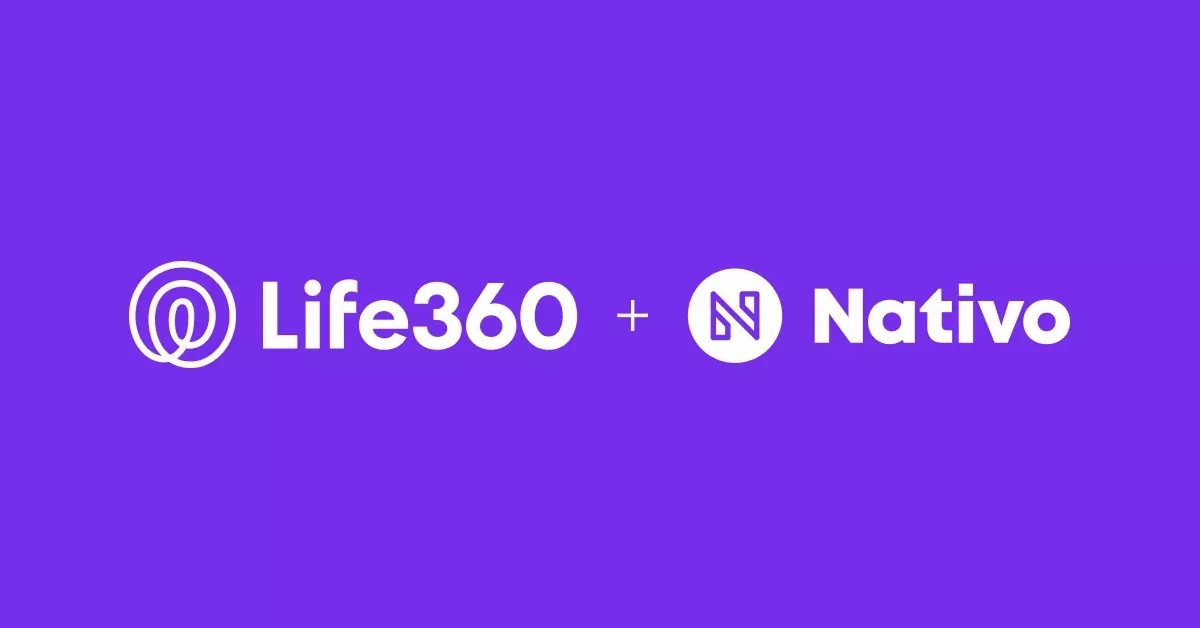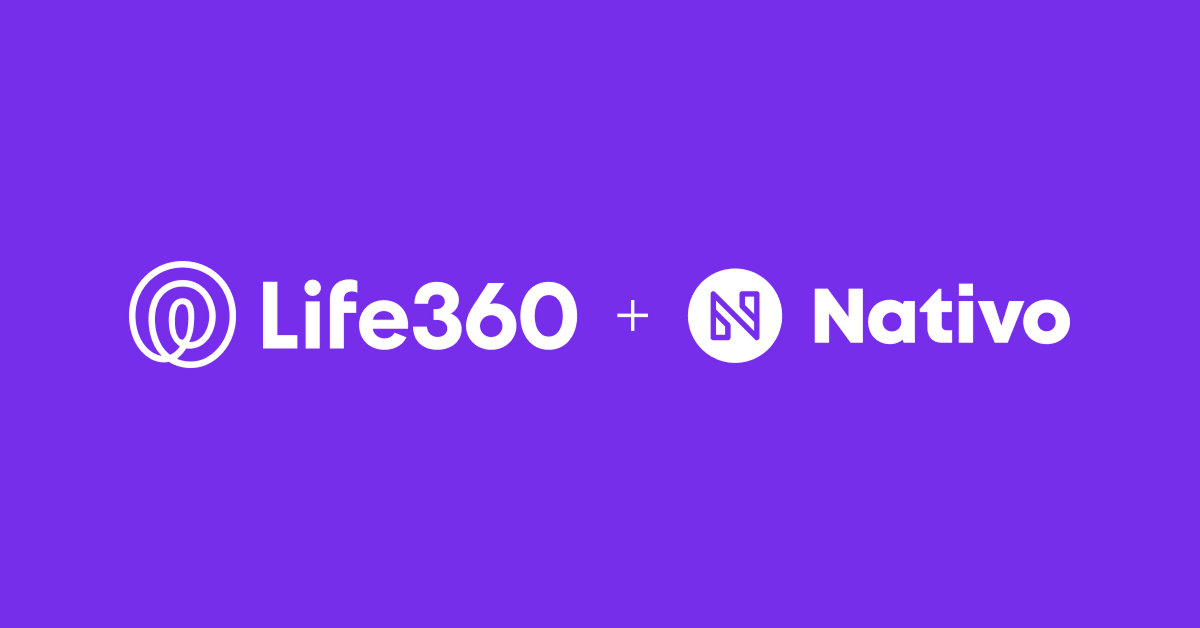No Thanks, I Don’t Need Help: Shoppers Will Find It Themselves
.png)
You and your friends have just arrived in Las Vegas, ready to celebrate and you’re making your way down the Strip, then you see it: 10 promoters on each side of the sidewalk, all ready to convince you to come to their club. You brace yourself to quickly walk by without engaging because you already have reservations for the night?
That’s how today's current digital advertising landscape feels. Every time you’re online, you brace yourself for the bombardment of promoters (or ads), all whom are trying to get you to come to their club or restaurant (or go to their website, sign up for their service, buy their product, etc.).
Too. Many. Ads.
The average person sees between 4,000 to 10,000 ads a day. We, as shoppers, are bombarded left and right and up and down with ads. It’s overwhelming, and most of all, it’s annoying. How do we trust that brand A is better than brand B or even brand C when they’re all trying to convince us at the same time? Simply put, we don’t, and because of that, we’ve now begun to ignore everything (the same way we power walk, heads down, past club promoters).
86% of consumers experience banner blindness, where they are actively or even unconsciously ignoring the ads around them. The bombardment of ads has led consumers to seek back control over their own decision-making journey, creating a new type of consumer: the proactive researcher.
No thanks, I’m good.
By the time I arrive in Las Vegas, I already know where I want to eat, which shows I want to watch, and which clubs I want to go to (anyone else here a Type A planner?). I know all of this already because I’ve done my research. All of these establishments have their information readily available online, and I chose their restaurant show or club over the others because it’s what I thought would be best for my trip. I don’t need or want promoters bombarding me - I made my decisions long before I landed at the airport.
As Beyonce says, I see it, I want it. I dream it, I work hard, I grind 'til I own it.
All the information shoppers want exists, but they want to read it and find it on their own. The days of willingly and blindly being convinced by flashy ads are behind us. Instead, consumers are taking charge of their choices by conducting their own research., And, when they decide independently on your product or service, it becomes a much more powerful choice on their end - the shopper establishes psychological ownership.
It’s a term mostly associated with businesses and employees, but you can also apply it to how shoppers relate to their choices. Simply described, psychological ownership is when someone feels ownership and attachment to something based on their own stake or relationship with that particular thing. When a shopper spends and invests their time into making a decision, they feel a sense of ownership and pride towards it once it’s theirs.
So what does this mean for brands?
53% say they always do research before buying a product to ensure they are making the best choice (Google).
Instead of relying solely on “in your face” ads and persuasive techniques, brands now need to provide valuable content and build trust with their audience, and trust that they will come - because they will when they are ready. Create content and materials that personally speak to what your core shopper would want rather than a one-sided sales pitch. This new approach recognizes the shopper as an active participant who will organically become the hand-raiser, customer or client you were trying to force them into. And, because they “discovered” you on their own terms, they will feel a sense of ownership with your brand.
Shoppers really, really hate annoying ads, but they do want to know what you can offer. They will research on their own, and as the brand, you can and should give them the information they’re seeking - and distribute it in places where they’re choosing to be. They want to know what your product or service does! They just want to be in control of their own decisions, and by giving back the control to the shopper, you will ultimately win them over (and get them into your restaurant without getting lost among the 20 Vegas promoters vying for their attention).


.jpg)

